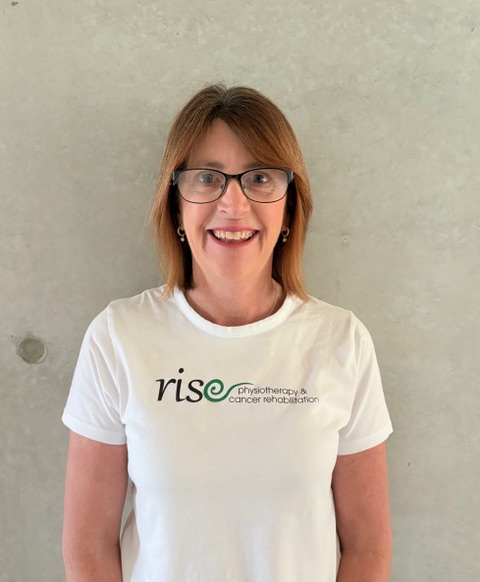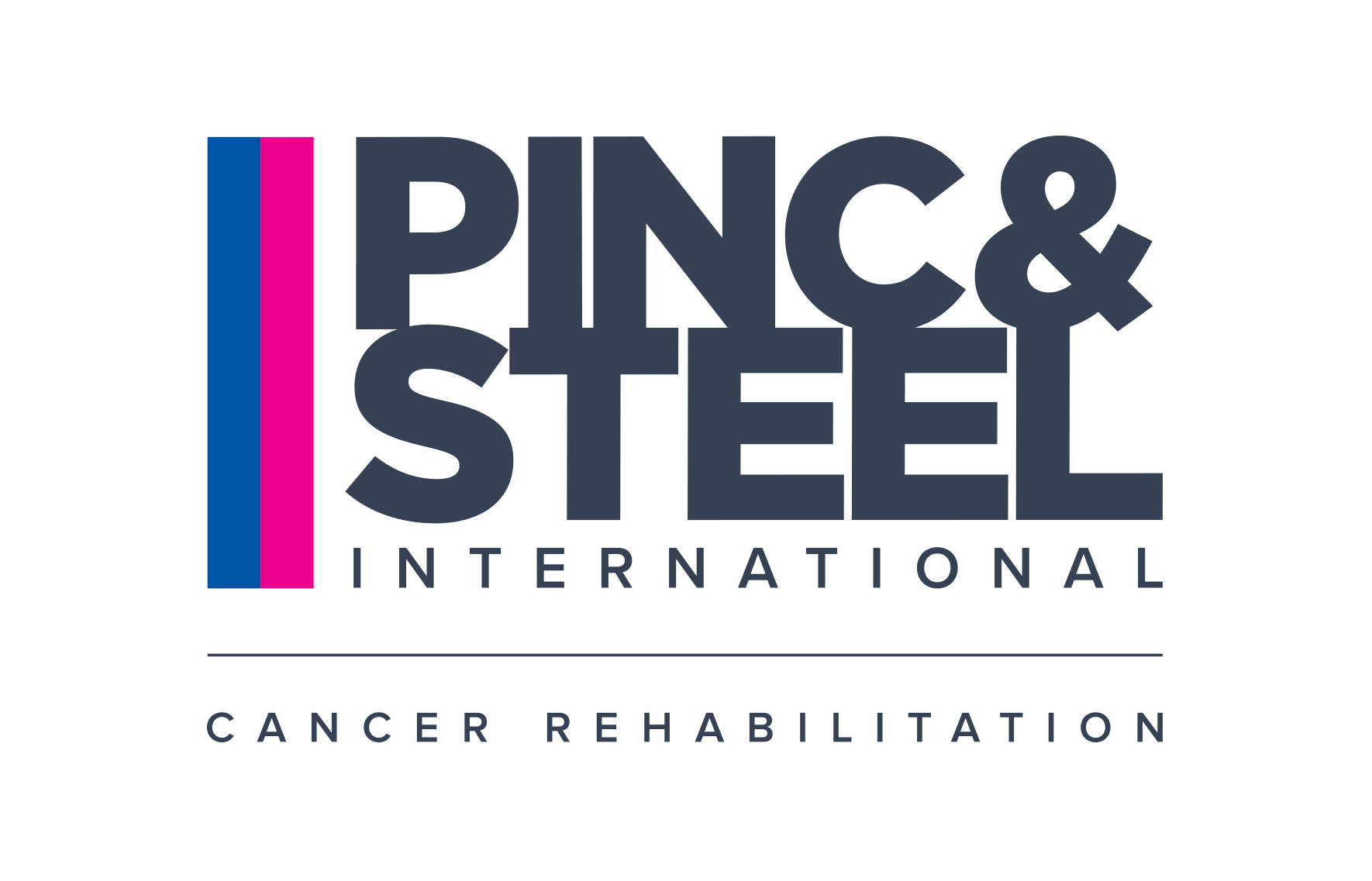Mentoring is about support, growth and connection. It’s having an experienced practitioner walking alongside you, asking powerful questions, sharing insights, and helping you navigate real-world practice. Mentoring encourages reflection, challenges your thinking, and supports your professional and personal development. It’s developmental, relational, and focused on expanding your confidence and impact in oncology rehabilitation.
Mentoring isn’t about being told what to do or being handed all the answers. Instead, it’s about having a safe, structured space to think out loud, check in on professional standards, and feel supported in both your learning and the care you provide to your patients.
It’s a relationship that helps you explore and grow in many ways — from strengthening clinical skills and confidence, to developing your communication, leadership, and career direction.


My name is Nicole Staight, and I have been a PINC & STEEL physiotherapist since 2011. I have also completed Next Steps and Paddle On training. I work in a small coastal town in New South Wales. Working in oncology physiotherapy has been one of the most rewarding aspects of my career which led me to establishing my own physiotherapy and cancer rehabilitation clinic in 2022.
I am a sole practitioner and the only private oncology physiotherapist in my region. Over the past 14 years, I have gained extensive experience working in the area of oncology, working largely independently. This has given me a strong appreciation of the challenges physiotherapists can face when entering this specialised field—particularly in areas such as building referral pathways, collaborating with specialists, and developing confidence in a new and often unfamiliar scope of practice. Working in a small regional town with limited support has been challenging, but it has also given me valuable insights that I hope to share with others who may be in similar roles.
As a physiotherapist working in oncology, supporting individuals as they navigate the physical and emotional challenges following a cancer diagnosis and treatment is both a privilege and a unique responsibility. As a mentor, I hope to share practical guidance, clinical insights, and professional support to help physiotherapists who are new to oncology, helping them grow their knowledge, confidence, and networks and deliver the best possible care for people living with and beyond cancer, enjoying the rewards of working in this area of physiotherapy that I have been privileged enough to experience over many years.
Email: [email protected]
My name is Sarah Clarke and I’m based in Norwood, Adelaide. I have been a certified PINC & STEEL Cancer Physiotherapist since 2017, delivering specialised physiotherapy services to support people throughout their cancer journey—from diagnosis and treatment through to recovery and survivorship. I have completed the full PINC & STEEL training and mentor program, and I am passionate about supporting other Physiotherapists to develop their skills and confidence in oncology rehabilitation.
In 2024, I experienced my own cancer diagnosis and treatment, which has deepened my understanding of the physical and emotional challenges faced by those living with and beyond cancer. My clinical practice integrates Pilates, individualised exercise prescription, education and manual therapy to optimise recovery, function, and overall wellbeing. Through mentoring, I aim to support other Therapists by sharing both evidence-based practice and practical insight to enhance the quality and compassion of cancer rehabilitation care.
Email: [email protected]


PINC & STEEL Mentors are:
Mentoring with PINC & STEEL is designed to help you thrive – not just tick boxes. It’s an opportunity to refine your skills, deepen your clinical confidence, and better serve people affected by cancer.